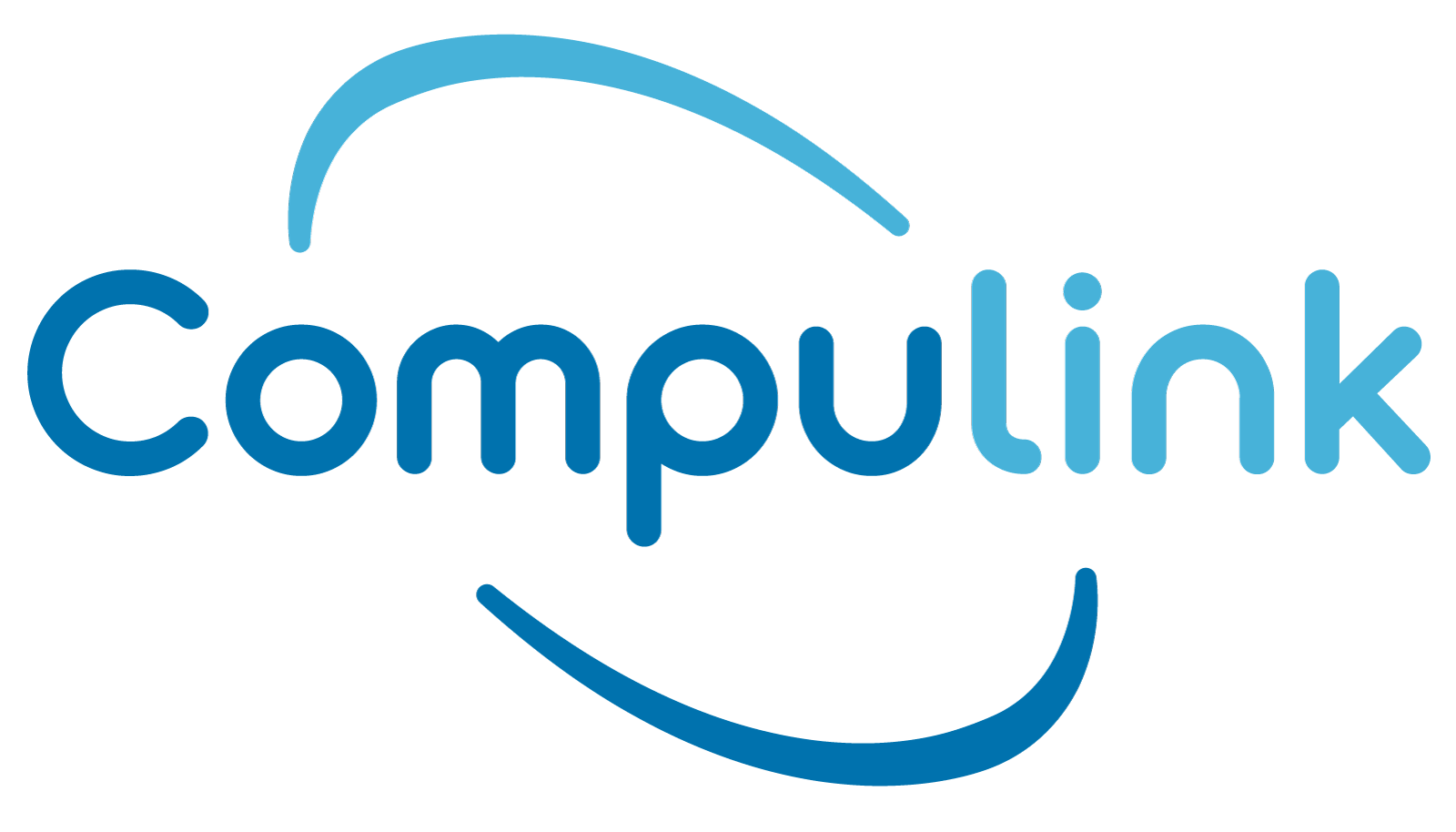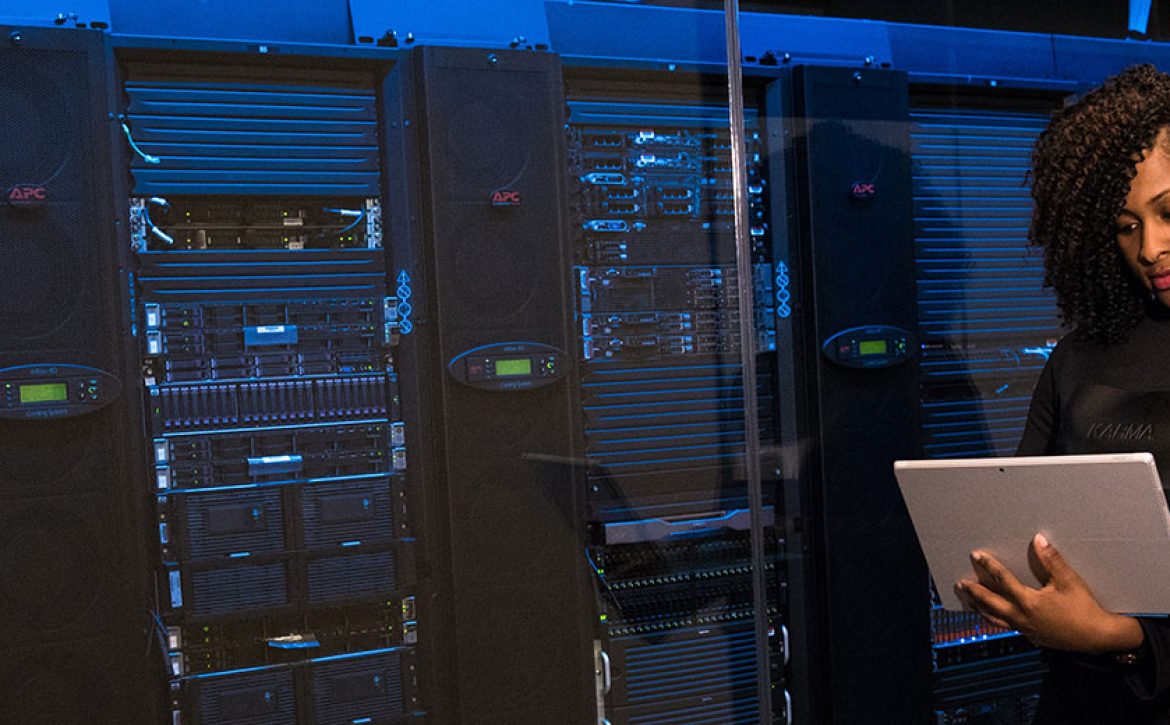(New York, NY) – Today, New York City Comptroller Scott M. Stringer released the eighth annual “Making the Grade: New York City Agency Report Card on M/WBEs” report, finding that 84 percent of M/WBEs still do not have access to City spending. The share of M/WBEs receiving City dollars has never exceeded 22 percent since FY 2015. The Comptroller announced that the City fell to a “C-” Grade for M/WBE Spending in FY 2021 after two consecutive passing “C” grades. This year’s report examined the rollout of Chief Diversity Officers across the country, after years of advocacy led to an Executive Order appointing Chief Diversity Officers within every New York City agency. “Over the last eight years, my office has given voice to solutions from M/WBEs directly on how the City can better connect them with opportunities, which has led to real change. But there is still room for significant improvement,” said Comptroller Stringer. “As this administration prepares to leave office, it is clear that the City, from the next Mayor and Comptroller to the next City Council, have abundant opportunities to address the systemic inequities experienced by communities of color especially as we continue to rebuild our economy amid the COVID-19 pandemic.” “Making the Grade,” published annually since 2014 by the New York City Comptroller, evaluates the performance of the City’s M/WBE program and makes recommendations for its improvement. “Making The Grade” assesses 32 City agencies – and the City overall – on progress in spending with minority and women-owned businesses (M/WBEs) and is a diagnostic tool for agencies to improve performance and transparency in M/WBE spending, increase competition in City procurement and save taxpayer dollars. Highlights in the 2021 “Making the Grade” report include: - The City awarded $30.4 billion in contracts in FY 2021, of which only $1.166 billion (equal to 3.8 percent) were awarded to M/WBEs.
- The City has nearly tripled the number of certified M/WBE firms since FY 2015. However, of more than 10,500 certified M/WBEs, 8,886—84 percent—did not receive City spending in FY 2021. The share of certified M/WBEs receiving City dollars has never exceeded 22 percent since FY 2015.
- The City spent $1.27 billion with M/WBEs, an additional $261 million from FY 2020 and an increase of more than $900 million since FY 2014. The City earned a “C-” grade for M/WBE spending in FY 2021.
- Since 2014, the City has improved its grades with Asian Americans, Hispanic Americans, and women-owned businesses, but it has been unable to improve its “F” grade with African American-owned businesses over the last eight years. In FY 2021, the City earned a “B” grade with Asian American-owned businesses, a “D” with Hispanic American- and women-owned businesses, and an “F” with African American- owned businesses.
- Two mayoral agencies: The Commission on Human Rights and Department for the Aging earned their fifth consecutive “A” grades; both spent more than 50 percent of their Local Law 1-eligible dollars with M/WBEs.
- The Department of Transportation received an “F” grade, spending less than five percent of its Local Law 1-eligible dollars with M/WBEs.
- In FY 2021, eleven grades remained the same, three agencies improved their grades, and 18 agency grades- over half- declined from FY 2020.
- The Comptroller’s Office earned its third consecutive “A” grade. Over the last eight years, the Comptroller’s Office increased its M/WBE spending from 13 percent in FY2013 to approximately 53 percent in FY2021.
- In 2020, Comptroller Stringer announced that the Office’s registration process would now include a rigorous review of M/WBE goals on City contracts. Between November 2020 and May 2021, the Comptroller’s Office registered 63 contracts subject to Local Law 1. Of these, 42 contracts, or about 67 percent, had M/WBE goals below 30 percent.
The Future of Chief Diversity Officers in the Public and Private Sectors For six years, Comptroller Stringer called for a Chief Diversity Officer (CDO) in City Hall and every City agency to serve as executive-level strategists, driving the representation of people of color and women across government. In July 2020, Mayor Bill de Blasio signed an executive order to appoint Chief Diversity Officers in every City agency. Although there is still no CDO with a citywide portfolio in City Hall, Comptroller Stringer finds growing implementation of the role across the public and private sector: - Thirty-six of the 50 most populous cities across the U.S. have appointed CDOs, and more than half of them report to the Mayor or City Manager.
- Several federal agencies and the Executive Office of the U.S. President have implemented executive-level equity efforts.
- Hiring of CDOs tripled between December 2019 and March 2021 within the S&P 500.
- However, just 14 of the City’s top 50 vendors—which have collectively received over $5 billion from the City of New York—have publicly announced CDOs.
Utilization of M/WBEs during COVID-19 In July 2020, Comptroller Stringer’s Office surveyed 500 M/WBEs on the impact of COVID-19, finding that 85 percent of M/WBE firms projected less than six months of survival. A follow up survey from the Comptroller’s Office found that 50 percent of M/WBEs were forced to lay off or furlough employees. This report examines City spending with M/WBEs, finding that:
This report follows up on that survey, finding that: - Between March 2020 and July 2021, the City spent over $3.5 billion in COVID-19-related goods and services, and just 16 percent, or $554 million, went to M/WBEs.
- Specifically, the City spent about $308 million, or about nine percent with women-owned businesses; $161.2 million, or about five percent, with Asian American-owned businesses; $43.2 million, or about one percent, with African American-owned businesses, and $41.2 million, or about one percent, with Hispanic American-owned businesses.
- Two agencies alone made up more than 40 percent of the City’s total pandemic-related dollars. The Department of Citywide Administrative Services spent over $803 million and just ten percent went to M/WBEs. By contrast, the Department of Sanitation spent more than $732 million, and M/WBEs received 25 percent of those dollars.
Recommendations Each year, Comptroller Stringer puts forth recommendations meant to reduce barriers and increase opportunities for M/WBEs. These recommendations are informed by needs identified by the Comptroller’s COVID-19 survey, the City’s M/WBE spending data, a series of focus groups with M/WBEs, and the Comptroller’s Advisory Council on Economic Growth through Diversity and Inclusion. As this administration prepares to leave office, we urge the next cohort of citywide leadership to prioritize diversity, equity, and inclusion within their first 100 days of office. All incoming Citywide officials should appoint executive-level Chief Diversity Officers. The mayoral CDO should oversee the rollout of the City’s programs designed to increase diversity and inclusion within the City, and they should also play a role in the City’s Budget and should have oversight over agency Chief Diversity Officers to ensure a unified citywide inclusion effort In addition, the City Council should consider implementing CDOs, who should conduct racial impact analyses when legislation being considered, where appropriate. Other city officials should also consider implementing CDOs, including the Borough Presidents, the New York Public Advocate, and District Attorneys. The next City leaders should adopt the Rooney Rule to ensure that their cabinets are diverse, and that they engage with communities of color, including M/WBEs, to develop their administrations’ goals. The Comptroller’s Office worked with more than 30 public companies to adopt the Rooney Rule, which requires them to include women and people of color in every future CEO search, as first adopted by the National Football League. In light of the success of this policy, the City should consider adopting the Rooney Rule for every cabinet-level position. The next Comptroller should conduct a racial equity audit of the City’s agencies. With the signing of President Biden’s Executive Order On Advancing Racial Equity and Support for Underserved Communities Through the Federal Government, all federal agencies have been mandated to perform an equity assessment to address systemic barriers erected by government which have adversely impacted communities of color. The next Comptroller should mirror this federal effort citywide through an audit of all City agencies. The audit should examine supplier diversity gaps, workforce diversity gaps, pay equity gaps, and agency policies and practices that are systemically biased against communities of color. The next Mayor should create a plan to close the gap between certification and receiving City spending for M/WBEs. Over the course of the last eight years, the City has almost tripled its list of certified M/WBEs from just 4,000 to almost 11,000 businesses. However, no more than 2,000 M/WBEs have ever received City contract dollars in a given year. Within their first 100 days, the next Mayor should create a plan to close the gap between the number of people in the program and the number of M/WBEs that win contracts. The New York City Council should reassess M/WBE legislation with a targeted focus on goals. One of New York City’s most powerful tools in creating opportunities for M/WBEs is subcontracting. However, this report has shown that almost 70 percent of Local Law 1-eliglble contracts in FY 2021 were assigned goals below the City’s standard of 30 percent. This translated into just 437 M/WBEs receiving subcontracting dollars in FY 2021 – less than five percent of all certified firms. The next City Council should reassess M/WBE legislation with a targeted focus on goals. The Council should review ways that the City can use its full purchasing power to set aggressive M/WBE goals wherever there is M/WBE availability. For example, it should also explore more flexibility when it comes to criteria for granting waivers, including considerations of market availability of M/WBEs and industry standards around subcontracting. In addition, City Council should also utilize the next disparity study to expand the universe of businesses able to participate in the goals program, such as firms with LGBTQIA+ and disabled owners, immigrant-owned firms, and cooperatives. To read Comptroller Stringer’s eighth annual “Making the Grade: New York City Agency Report Card on M/WBEs” report, click here. |












